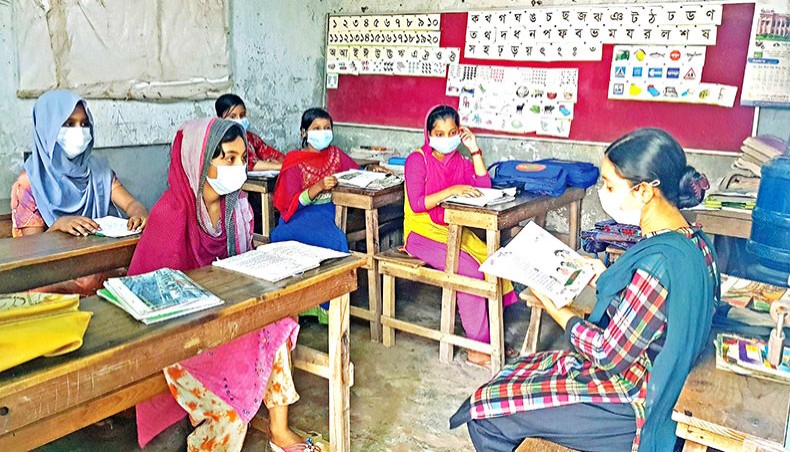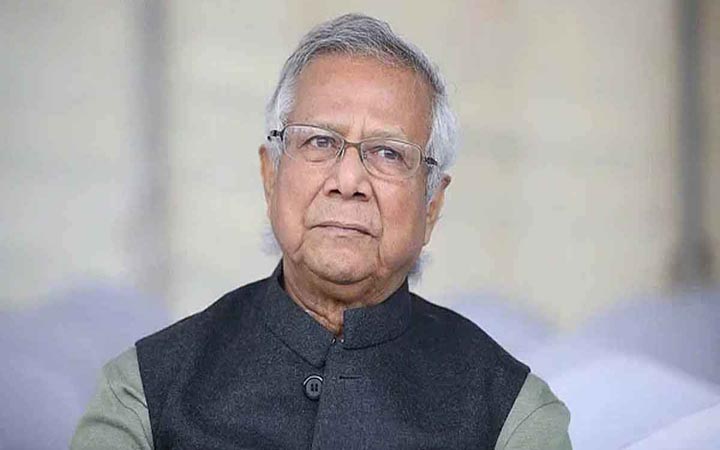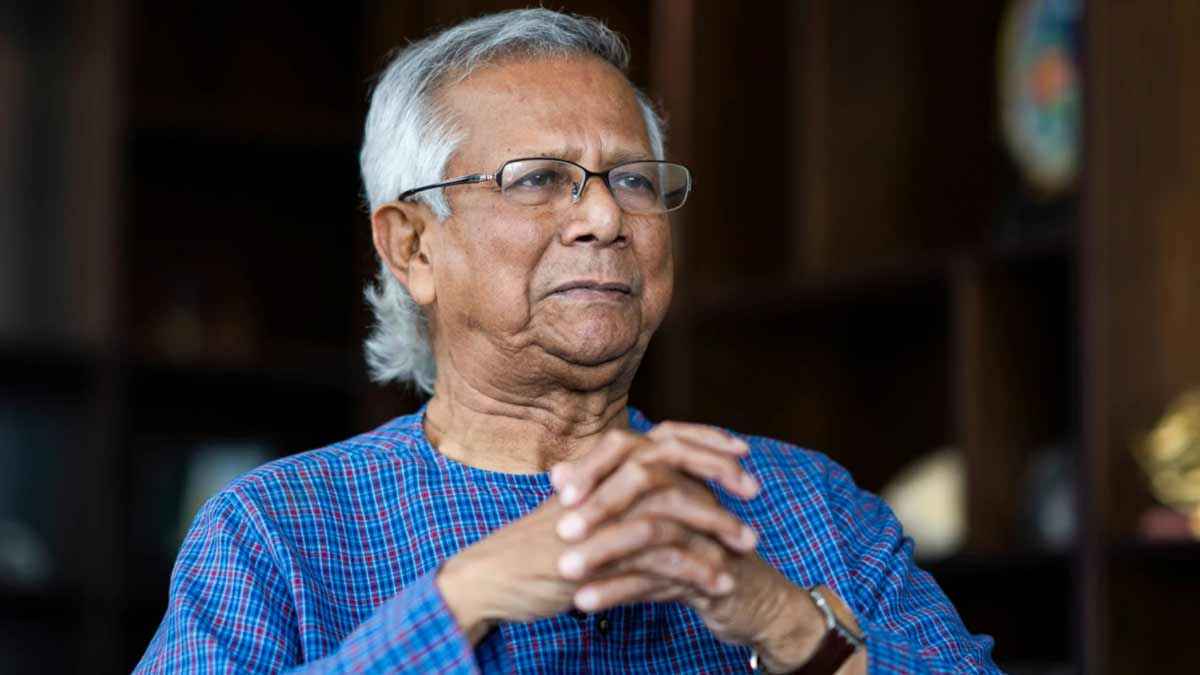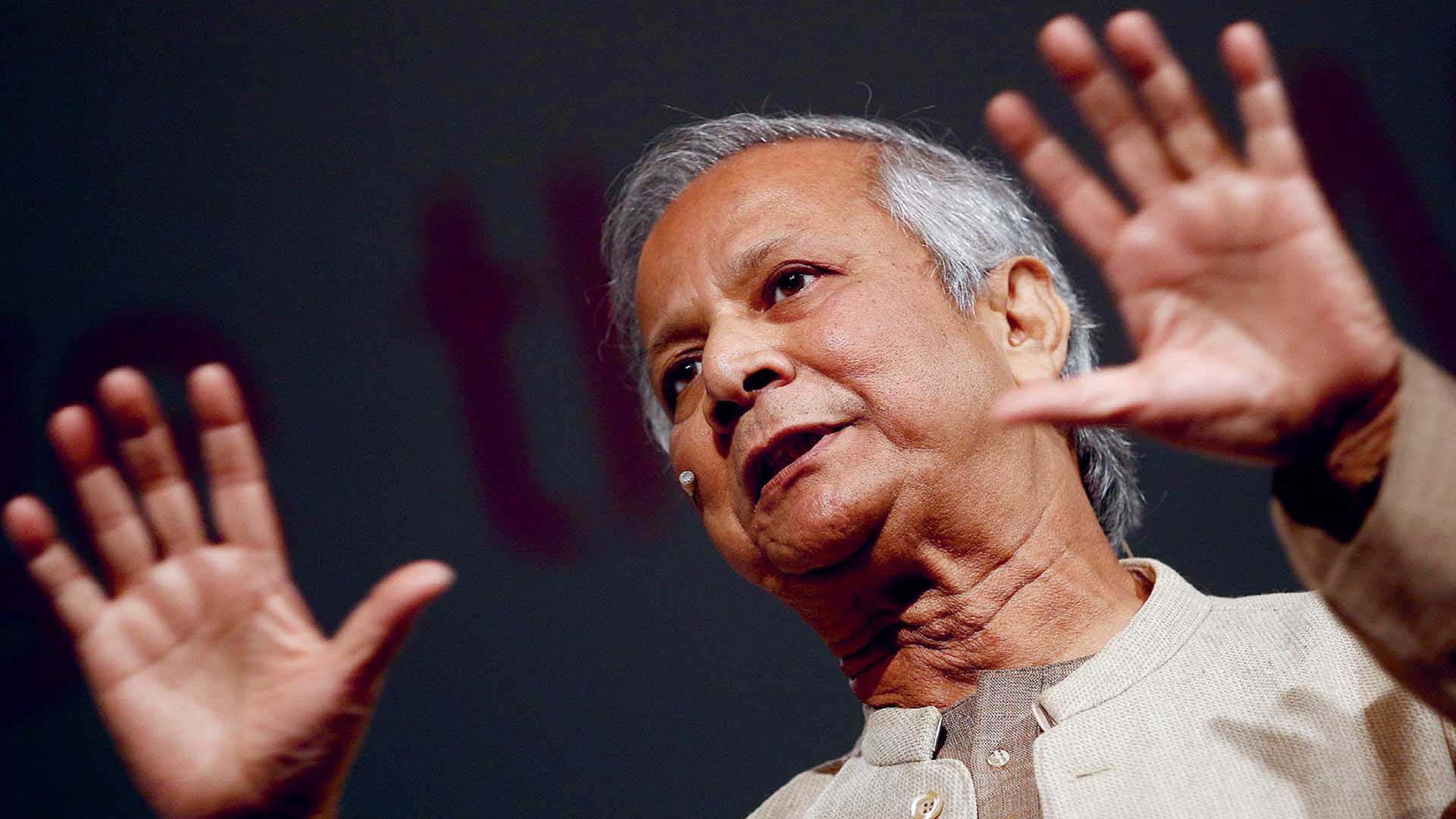AMIDST the ongoing Covid outbreak, schools and other educational institutions in Bangladesh have been closed since March 17, 2020. Learning has not taken place in schools for more than 450 days. This period of school closure is a national record. Those with record mania may like to explore whether the school closure here has become a world record as well.
An element of extraordinariness is related to the value of education for the nation and communities. We took it for granted that education was number one agenda for a nation. We are not certain if that priority has changed for other polities, but we have learnt that all priorities are subject to reassessment.
While some students and parents demanded the reopening of schools from time to time, this did not truly become a priority. It still is not a hot agenda, but some heat around the issue was generated by education authorities in the past week of May. Parents, teachers and students were assured that schools were going to reopen on June 13. Probably, some preparations were already under way towards that end. However, in the course of a day or two, we were updated that the promised reopening was not possible. The reason given was related to citizens’ health and safety, which are definitely more important than school reopening. But one may wonder about the evidence — what was it that led to the possibility of reopening schools and how did that change overnight? One may also wonder at making school closure an exception when many institutions are functioning.
As an educator and parent, I would like to see schools keeping their doors open and inviting students to classrooms which give them their identity. However, such a desire cannot be blind to health, safety or security issues. Nonetheless, the overriding question is: How long can we keep schools closed without creating an education disaster for the nation?
In asking such questions, I am not making suggestions on reopening or not reopening schools. Unsolicited suggestions are probably unwanted, which may also be classified in a particular way. What I would like to do instead is to reflect on how I would have been affected as a student by long-term school closure. I will also make connections between my situation and the situation of those students who may share my background and circumstances.
I attended primary and secondary schooling in a rural sub-district in the north of Bangladesh. Being the first child in all our generations to go to school, I found the school to be a different world even when it was located in the community. This strange place was far removed from our everyday life, language and living. There were almost no signs of print literacy in our home. My connection to school and schooling was not normal or natural. It was weak and could have been severed quite easily. My belongingness to school was not naturally acquired, it was learned and forcibly internalised. The temptation for cutting the invisible thread that connected me to school was strong.
From my parents’ perspective, I could have worked as an agricultural hand like my elder brother and contribute to the economic health of the family. There were external pressures as well. On a number of occasions, I was reminded by some of my well-wishers that pursuing education in my situation was an unaffordable luxury. In their conventional wisdom, education was the wrong road for me to ride along. Granted, I was able to continue my study up to the Secondary School Certificate examination. So what? Would that have enabled me to pursue a life different from the one that was destined for me?
Many years later, I undertook a PhD study in an Australian university to investigate the life, struggles and English learning of secondary school students in the same locality. I interacted with teachers, students and parents at home, school and the community. I learned that students coming from poor families with parents having limited education and income had weaker connections with school. This was a validation of my own experience as a student about two decades earlier. Nevertheless, when I interviewed the students about their experience of schooling and English learning, many of them told me that they were attracted to school. They also preferred school to home, as school connected them to the world of education and learning. School also brought them an opportunity to meet and interact with friends. To them, going to school was an escape from the harsh reality of life, however transient that escape might have been. Being at school, allowed them to be part of the community of students who shared the same journey.












